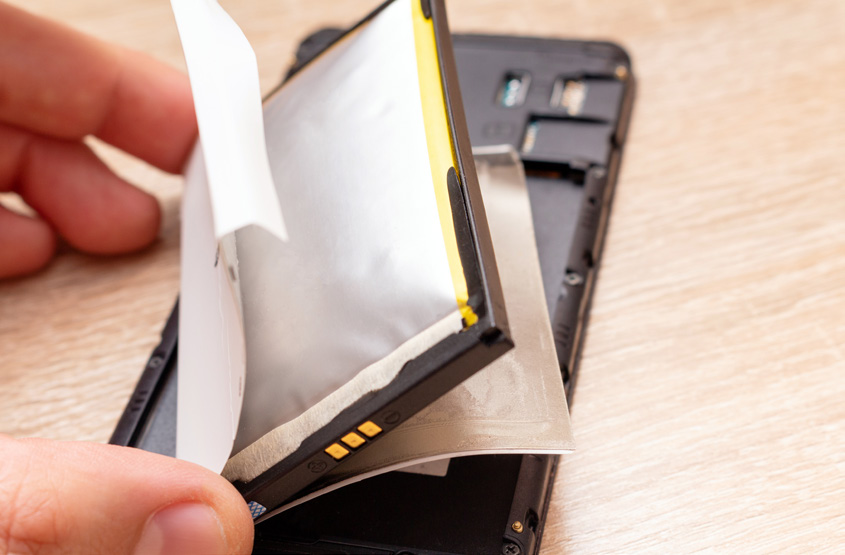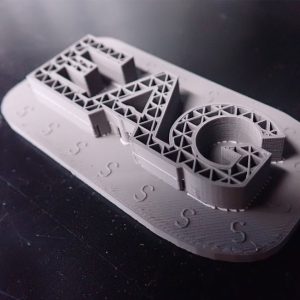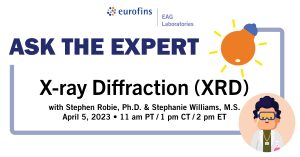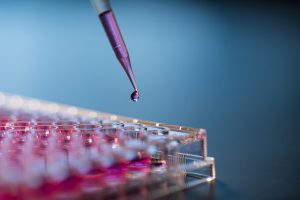
The Ultimate Protection – Low Emissivity Coatings on Glass
Low-E Coatings on glass are a high efficiency protection of a glass surface for transparency. These coatings help the glass become energy efficient to allow the sunlight to come in or reflect out.




